It will be somewhat of a blast from the past for fans when Ibrahimovic and his PSG travel to Malmö for the second leg of their Champions League clash in November. The forward grew up in the southern Swedish city and played for its home club in 1994-2001.
But many were left disappointed when tickets for the hyped match quickly sold out as soon as they became available, with some criticizing MFF for prioritizing season ticket holders.
READ ALSO: Zlatan breaks internet in Malmö rush for tickets
Their despair changed to elation when Ibrahimovic himself revealed on Friday that plans to have a big screen put up in the main square of Malmö (Stortorget) where the highly-anticipated match is to be broadcast live on November 25th.
“I previously said that the game will be heard all over Malmö. Now I've also made sure that all of Malmö will be able to watch the game. (…) All are welcome,” he wrote on Facebook before ending the message on a teasing note: “More surprises await that day. I'm on my way…”
The homecoming star striker has previously said that returning to Malmö for the Champions League is a dream come true, adding it was a “a pity” that the whole of the city will not be able to fit inside the stadium.
Malmö, who beat Celtic in a play-off to reach this stage, lost by two goals to PSG in the first leg of their Champions League clash in Paris earlier this week. Although the French side remain the favourite to win, the Swedish team usually perform well on home turf.
IN PICTURES: Zlatan Ibrahimovic pays visit to former Malmö home
Malmö FF's club chief executive Niclas Carlnén said on Friday that he was pleased to find out about the footballer's surprise.
“Demand for tickets has been incredibly great. Thanks to Zlatan's intitiative all MFF-ers have the opportunity to watch the game together in Malmö,” he said in a statement.
The event will be financed by the footballer himself, but Malmö city council will make available the main square and supply staff to make sure it runs smoothly.
“It is fantastic that Zlatan wants to give all Malmö residents the chance to have this unique experience and it is a given that we on the city council will help to realise this,” said Frida Trollmyr, head of the leisure committee.
But Malmö fans should not get their hopes up too much yet. Permission from the police and the council's infrastructure committee is required before a similar event can take place, and both said just after 1pm on Friday that they had yet to receive an application.
“But it's a great idea, to give back to Malmö in this way,” police spokesperson Christer Rindmo told the newspaper. “But it's maybe not as much fun when we bureaucrats come into the picture.”

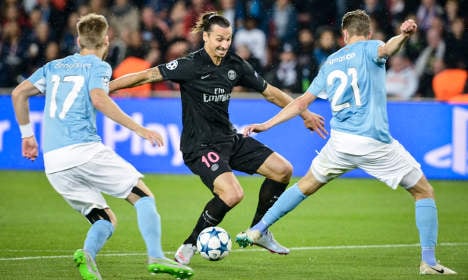
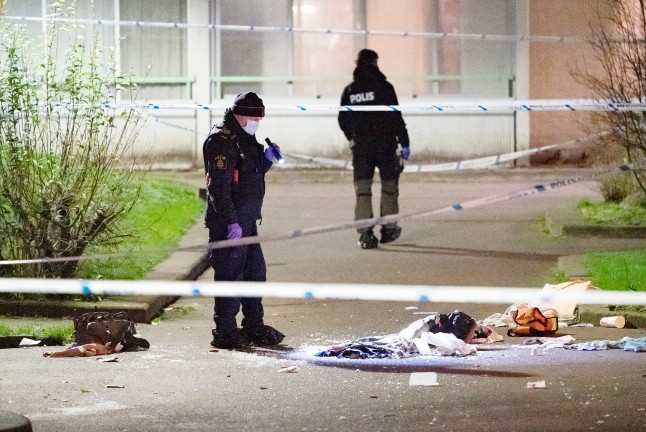
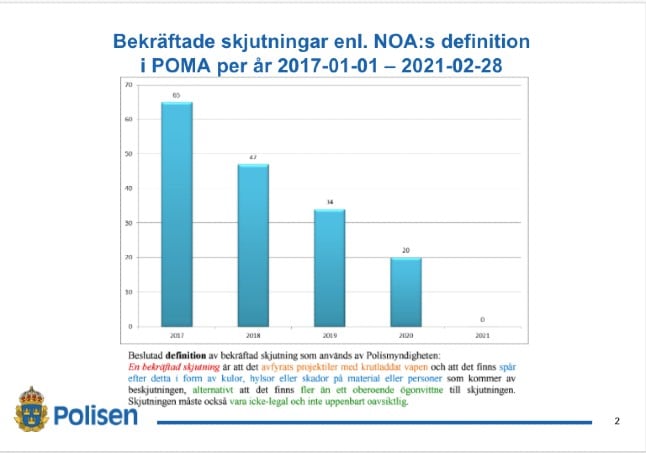
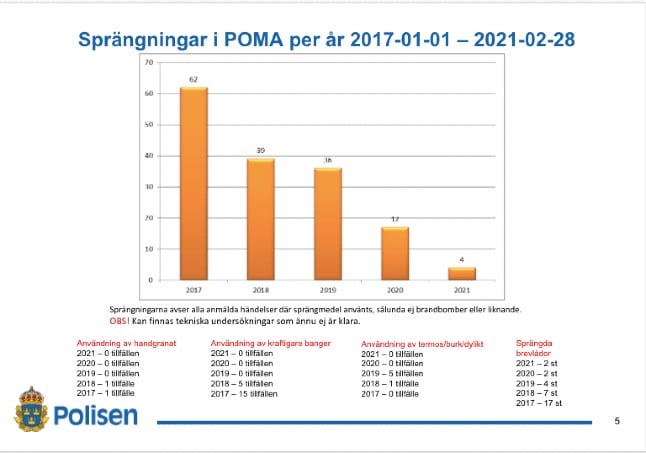
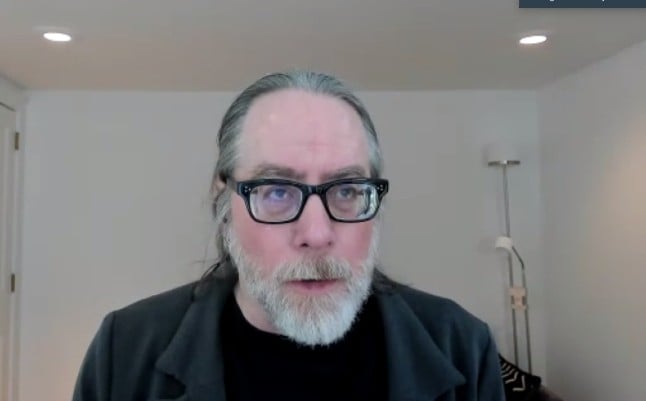
 Please whitelist us to continue reading.
Please whitelist us to continue reading.